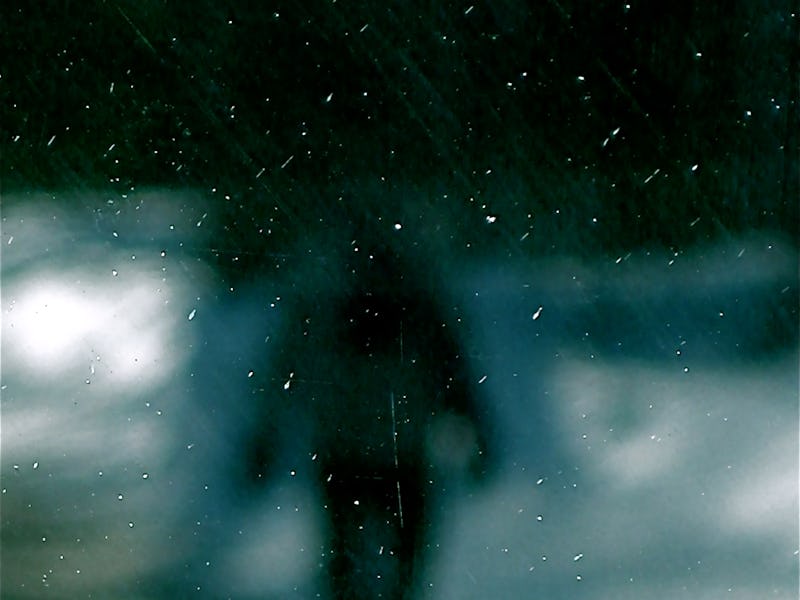Men Get Seasonal Affective Disorder Too, But They Don't Get Diagnosed
Men don't speak up when the season gets them down.

You know winter is coming when your workday is bookended by darkness and darkness. While it’s normal to get bummed out by the Northern Hemisphere’s mood lighting, people with seasonal affective disorder, or SAD, experience the shift in the worst possible way. SAD effects both men and women, but the vast majority of diagnoses, and prescriptions, fall to women. Wither the men who struggle with the season?
Canada’s official SAD treatment guidelines make the gender difference pretty clear: “Virtually all studies to date have demonstrated a female preponderance in this condition.” But the reasons why aren’t obvious. Taking all studies into account, the guidelines state that female-to-male ratios of SAD diagnoses can be as high as 4 to 1. It’s tempting to speculate that women are simply more likely get bummed out by the cold and dark, but doing so would require cherrypicking the data.
Turns out the SAD diagnosis pattern is part of a much broader gender bias. The World Health Organization reports that men are less likely to be diagnosed with depression than women, even when they have similar scores on standardized diagnostic tests and present the same symptoms.
Not that all differences can all be chalked up to biased doctors. Before people can receive diagnoses, they have to seek help in the first place. Because men are less likely to speak up, is it really that surprising they’re not diagnosed as often? (No, no it isn’t.)
To ask why men are less willing to disclose concerns about depression is to invite speculation; data is limited. What we do know is that there are actual differences in the way men experience depression. According to the National Institute of Mental Health, men are more likely to feel tired and irritated and lose interest in the things they love, including sex. Tired gender clichés don’t exactly make it easy for men to acknowledge — let alone disclose — those symptoms.
The good news is, effective therapies for SAD exist. Light therapy, medications like Wellbutrin, and psychotherapy have all proven effective. The main thing is just teaching people to be proactive about seeking treatment, a hard lesson given that passivity is a symptom and the culture surrounding masculinity does encourage complaining about the coming darkness.